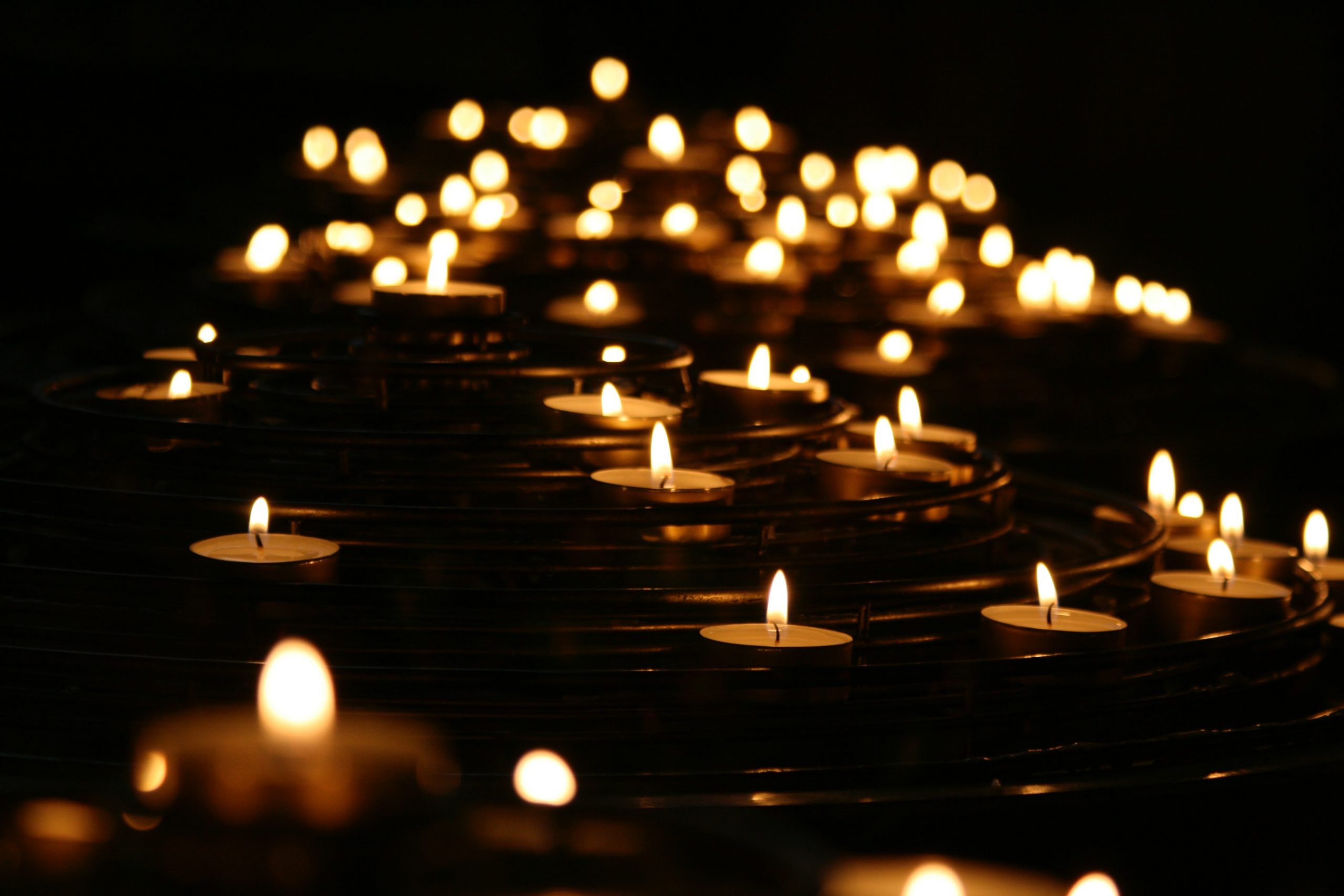The summer of celebrity deaths?

One after the other, they were dying: Michael Jackson, Farrah Fawcett and Ed McMahon, all in the same week earlier this summer. Next were Walter Cronkite, John Hughes and, in late August, at a pitch point of public grief, Senator Edward M. Kennedy.?
Then on Monday, Patrick Swayze died after a widely publicized struggle with pancreatic cancer, only to be followed by Mary Travers of Peter, Paul and Mary Wednesday night.
It has been, by all appearances, the endless funereal season, with a news media swarm on the departed and a parade of nostalgic tributes, as bloggers and Twitterers went on ?celebrity death watch.? Even before Senator Kennedy succumbed to brain cancer Aug. 25, columnists wrote pleading laments like one in The Washington Post that said, ?God, please stop taking away our celebrities.?
After Don Hewitt, the creator of ?60 Minutes,? and Robert Novak, the conservative columnist and commentator, died within a day of each other in mid-August, the columnists and bloggers quipped that newsmen like Dan Rather ? or anyone with pop culture celebrity status ? should find a bunker.
But in fact, no more celebrities had died than in past summers, according to Lou Ferrara, a managing editor in charge of entertainment and lifestyle coverage for The Associated Press.
The perception of numerous celebrity deaths was not supported by the number of obituaries the news agency wrote, he said, because it was not a matter of how many died, but who.
Consider that along with the death of Mr. Jackson, there were two other profound, if less sensational, losses in the music world: Les Paul, the inventor of the electric guitar, who is credited with transforming 20th-century pop music; and Ellie Greenwich, less known by her own name than by songs she wrote with Phil Spector and Jeff Barry ? some of the biggest hits of the 1960s, including ?Leader of the Pack,? ?Da Doo Ron Ron? and ?Be My Baby.?
This summer could come to be known as the summer when baby boomers began to turn to the obituary pages first, to face not merely their own mortality or ponder their legacies, but to witness the passing of legends who defined them as a tribe, bequeathing through music, culture, news and politics a kind of generational badge that has begun to fray.
?Will there ever be anybody else like …?
?This is a historical development in cultural history,? said Todd Gitlin, 66, the sociologist and author of ?The Sixties,? who teaches at the Columbia University School of Journalism. ?It?s the ebbing of figures who have a wide enough span of appreciation and admiration so they appeal to significant numbers of people, like incarnations of virtue. So people take a new measure of themselves when they ask, ?Will there ever be anybody else like X? ??
There were also the deaths of Sheila Lukins, the ?Silver Palate? author, whose recipes were at the intersection of yuppiedom and the foodie movement and who was 66 when she died on Aug. 30, as well as Jim Carroll, the cult poet of the 1970s who wrote ?The Basketball Diaries.? He was 60 when he died last Friday.
Kit Yarrow, 50, a professor of psychology and marketing at Golden Gate University in San Francisco, said she was struck in the wake of the deaths of Michael Jackson, Senator Kennedy and Walter Cronkite by how remembrances of such figures connected her to her contemporaries, much as they had when she was coming of age.
?We felt the same connection to each other that many of us felt in our early 20s,? Professor Yarrow said, recalling that she and a few colleagues her age danced and hummed ?Billie Jean? in their office after Mr. Jackson?s death.
Professor Yarrow, an expert on Gen Y and the author of the new book ?Gen Buy: How Tweens, Teens and Twenty-Somethings are Revolutionizing Retail,? said that part of the nostalgia was for a time when American society was less fragmented and many bonded over fewer iconic figures.
In an age when people achieve celebrity even faster than Andy Warhol could have predicted, fame is almost banal. Fairy dust can descend instantly, but rubs off easily. Everyone has an audience for rapid-fire stardom: the latest American Idol, the star of a viral YouTube video, the biggest loser on the ?The Biggest Loser.?
For example, included in this summer?s celebrity death watch was Adam Goldstein, known as DJ AM, who apparently died of a drug overdose on Aug. 28.
He was 36 and a successful nightclub disc jockey, but his fame stemmed more from romances with mainstays of Us Weekly and People Magazine like Nicole Richie.
?Our measure of celebrities is different than before,? said Mr. Ferrara of The Associated Press. ?DJ AM, when you look at his celebrity status, he was a D.J. that hung around certain people, dated certain people, became a celebrity. We probably didn?t have that 10 years ago or even 5 years ago.?
Continue Reading Rest of Article From The New York Times




